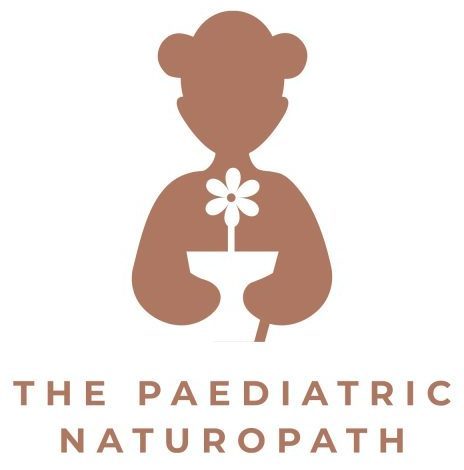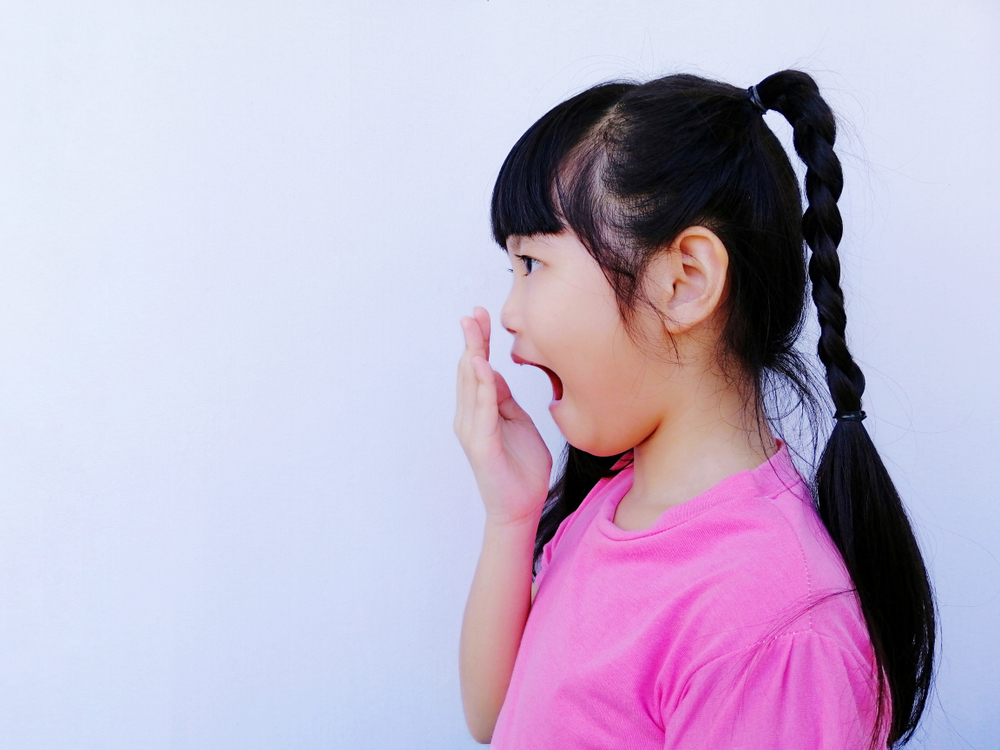Bad breath, also known as halitosis, can be a surprising and concerning issue for parents. While it’s often harmless, persistent bad breath can signal underlying health issues or habits that need addressing. Here’s what might be causing it and some natural strategies to help your child maintain fresh breath.
Potential Causes of Bad Breath in Children
1️⃣ Poor Oral Hygiene
The most common culprit is inadequate brushing or flossing. Food particles left behind can feed bacteria, leading to unpleasant odours. Find what works for your child and their dexterity. There is standard floss, but there is also floss on stick (looks like a catapult), and little pipe cleaner things to get into the gaps. Realising that children needed to floss was a game changer for me when my kids were younger.
2️⃣ Dietary Habits
Certain foods like garlic, onions, and sugary snacks can contribute to bad breath. Garlic and onions have so many benefits for gut health (and in turn oral health), that I definitely wouldn’t suggest removing them from the diet. Sugar is a different story! Sugars fuel the growth of unhelpful bacteria in the mouth. Fringe benefits of removing the sugar will be better mood and behaviour too!
3️⃣ Dry Mouth (Xerostomia)
Saliva is crucial for washing away bacteria. If your child breathes through their mouth (due to nasal congestion, habit or other reasons) or is dehydrated, dry mouth can worsen bad breath. There are many ways to reduce mouth breathing, including working with a myofacial specialist. We can also help by helping identify and reduce environmental allergies.
4️⃣ Tonsil Stones
These small, calcified particles can form in the crevices of the tonsils and harbour bacteria, causing a distinct smell. However we do not recommend getting your tonsils out, unless you have covered absolutely everything first. To get you started on what some of these things might be, read this post.
5️⃣ Gut Health Issues
Imbalances in gut bacteria or digestive issues such as reflux may cause foul-smelling breath, especially if burping or regurgitation is involved. And no surprises, we DO NOT recommend you medicate your child for reflux. The side affects are just too much. Instead, start by looking at your child’s diet. If this doesn’t help, then make an appointment with one of the team to discuss herbs and probiotics that can be very helpful.
6️⃣ Dental Decay or Gum Disease
Cavities, gingivitis, or infections in the gums can produce a persistent bad odour that won’t go away with regular brushing. This is one for a dental professional. From the time your child has teeth, I recommend you see a dentist every 6 months. Don’t wait until you have an issue. And don’t assume that because your child has a good diet that they won’t have dental issues. I learnt this the hard way!!
7️⃣ Nasal Issues
Chronic sinus infections, postnasal drip, or foreign objects lodged in the nose (common in toddlers!) can result in bad breath. Mould exposure can also cause sinus issues, and hence bad breath.
8️⃣ Medications
Some medications can cause dry mouth or alter the gut microbiome, leading to changes in breath odour. Always do your research on potential side affects of a medication prior to giving it to your child.
How to Help Your Child Maintain Fresh Breath
✅ Focus on Oral Hygiene
Ensure your child brushes their teeth twice daily and flosses regularly.
Encourage them to clean their tongue gently using a toothbrush or tongue scraper.
✅ Hydration is Key
Offer plenty of water throughout the day to keep the mouth moist and flush away bacteria.
✅ Dietary Tweaks
Limit sugary snacks and processed foods.
Include fibrous fruits and vegetables like apples and carrots, which naturally clean teeth as your child chews.
✅ Support Gut Health
Add probiotic-rich foods like yoghurt or kefir to your child’s diet.
Address digestive issues like reflux or constipation with a naturopath’s guidance
✅ Check for Underlying Causes
If bad breath persists, see a dentist to rule out dental issues like cavities or gum disease.
Investigate nasal congestion, reflux, or other potential contributors.
✅ Natural Remedies
Herbal teas like chamomile or peppermint can soothe digestion and freshen breath.
Chewing parsley or mint leaves can provide a quick, natural breath refresher.
When to Seek Help
If your child’s bad breath persists despite good hygiene and dietary changes, or if they show other symptoms like swollen gums, tooth pain, or nasal discharge, get help.
Addressing bad breath early can boost your child’s confidence and ensure there are no hidden health concerns contributing to the issue. Fresh breath, healthy smile—happy child!




